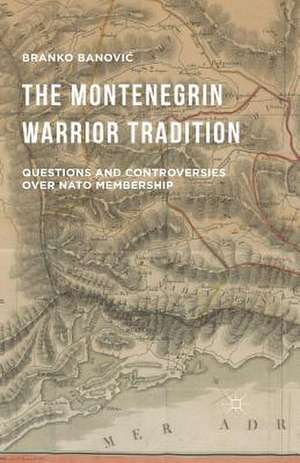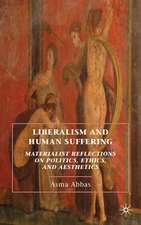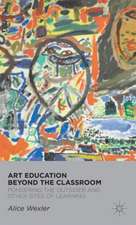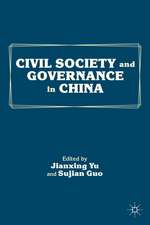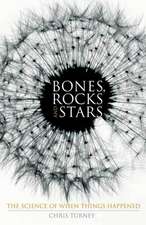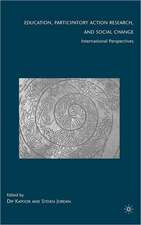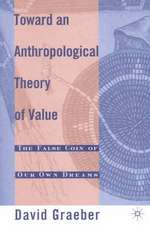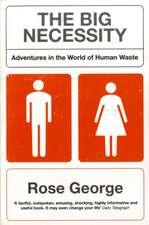The Montenegrin Warrior Tradition: Questions and Controversies over NATO Membership
Autor Branko Banovi?en Limba Engleză Paperback – 3 dec 2015
| Toate formatele și edițiile | Preț | Express |
|---|---|---|
| Paperback (1) | 381.98 lei 6-8 săpt. | |
| Palgrave Macmillan US – 3 dec 2015 | 381.98 lei 6-8 săpt. | |
| Hardback (1) | 388.13 lei 6-8 săpt. | |
| Palgrave Macmillan US – 2 dec 2015 | 388.13 lei 6-8 săpt. |
Preț: 381.98 lei
Nou
Puncte Express: 573
Preț estimativ în valută:
73.10€ • 75.88$ • 60.95£
73.10€ • 75.88$ • 60.95£
Carte tipărită la comandă
Livrare economică 22 martie-05 aprilie
Preluare comenzi: 021 569.72.76
Specificații
ISBN-13: 9781349576579
ISBN-10: 1349576573
Pagini: 213
Ilustrații: XVI, 213 p.
Dimensiuni: 140 x 216 mm
Greutate: 0.27 kg
Ediția:1st ed. 2016
Editura: Palgrave Macmillan US
Colecția Palgrave Macmillan
Locul publicării:New York, United States
ISBN-10: 1349576573
Pagini: 213
Ilustrații: XVI, 213 p.
Dimensiuni: 140 x 216 mm
Greutate: 0.27 kg
Ediția:1st ed. 2016
Editura: Palgrave Macmillan US
Colecția Palgrave Macmillan
Locul publicării:New York, United States
Cuprins
1.Introduction
2.Narratives: (The Path to Reality)
3.The Hero Between Poetry, History and the Past; (The 'Making of' the Model of the Traditional Man)
4.Traditional Gender Roles and Contemporary Multicultural Politics of Identity; (Men Between Reality and Multiculturalism)
5.The Social, Historical, and Political Context of the Relations of NATO and Montenegro
6.The Reproduction of Contemporary Montenegrin Identity in the Context of NATO and EU Membership (Is NATO Solidifying or Fracturing the Montenegrin Identity?)
7.Controversies Surrounding Membership in NATO In Private Discourses (What are the Citizen of Montenegro Talking About?)
8.The Montenegrin Warrior Tradition in the Arguments for and Against NATO (Private Discourses and Formal Political Forums)
9.Concluding Remarks
2.Narratives: (The Path to Reality)
3.The Hero Between Poetry, History and the Past; (The 'Making of' the Model of the Traditional Man)
4.Traditional Gender Roles and Contemporary Multicultural Politics of Identity; (Men Between Reality and Multiculturalism)
5.The Social, Historical, and Political Context of the Relations of NATO and Montenegro
6.The Reproduction of Contemporary Montenegrin Identity in the Context of NATO and EU Membership (Is NATO Solidifying or Fracturing the Montenegrin Identity?)
7.Controversies Surrounding Membership in NATO In Private Discourses (What are the Citizen of Montenegro Talking About?)
8.The Montenegrin Warrior Tradition in the Arguments for and Against NATO (Private Discourses and Formal Political Forums)
9.Concluding Remarks
Recenzii
"Most research on contemporary conflicts ignore gender entirely, particularly the role that masculinity —proving manhood, defending honor, and shame—have to do with conflict itself. The great virtue of Branko Banovic's close, detailed ethnographic study of the warrior tradition among Montenegrin men is that he incorporates these gendered ideal into his study, without reducing all conflict to a masculinity contest. This is how masculinity studies should be done!" - Michael Kimmel, SUNY Distinguished Professor of Sociology and Gender Studies; Executive Director, Center for the Study of Men and Masculinities, Stony Brook University, USA
"Branko Banovi? 's book about discourses of nationhood and NATO membership in Montenegro convincingly showcases the potentials of anthropology at home, combining his long-term engagement and intimate familiarity with his home country with the analytical skills and professional distance of the social anthropologist. The book is a rich, detailed, and convincing study of a dramatic period in the recent history of a little-known European nation, and a very welcome addition to the anthropological literature on nationalism." - Thomas H. Eriksen, University of Oslo, Department of Social Anthropology, Norway
"Branko Banovi? 's book about discourses of nationhood and NATO membership in Montenegro convincingly showcases the potentials of anthropology at home, combining his long-term engagement and intimate familiarity with his home country with the analytical skills and professional distance of the social anthropologist. The book is a rich, detailed, and convincing study of a dramatic period in the recent history of a little-known European nation, and a very welcome addition to the anthropological literature on nationalism." - Thomas H. Eriksen, University of Oslo, Department of Social Anthropology, Norway
Notă biografică
Branko Banovi? is Director of The Regional Museum, Montenegro.
Textul de pe ultima copertă
Montenegro has been a much neglected part of former Yugoslavia. The Montenegrin Warrior Tradition aims to scrutinize the identity debates in Montenegrin public opinion over the question of membership to NATO and to explore how narratives created for that purpose have been linked with Montenegrin identity, history, tradition, and the concept of Montenegrin masculinity. The intertwining of the question of identity with that of NATO membership, and the inseparability of these issues from the context of quotidian politics produces an array of controversies among Montenegrin citizens. The book interprets the public and private debates about Montenegro joining NATO through the prism of anthropological studies of identity; in particular those focused on a general theory of culture and the anthropology of multiculturalism.
